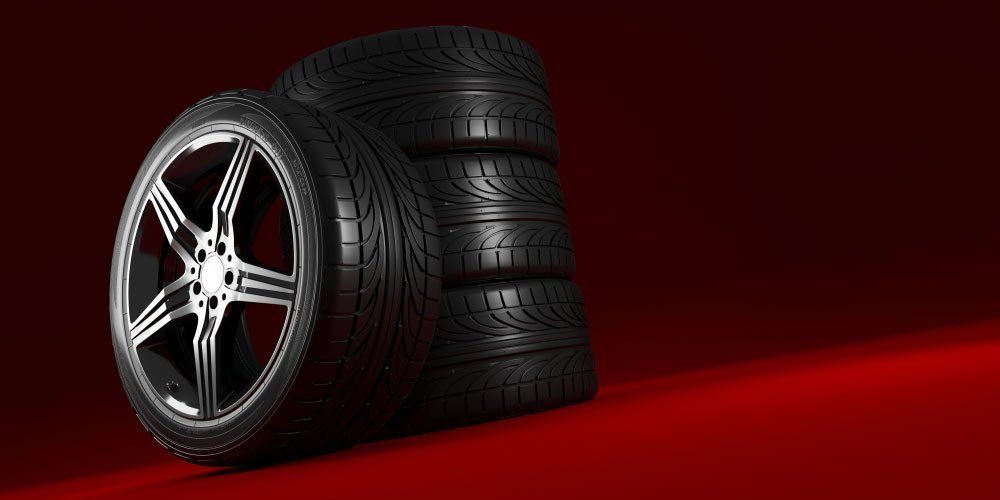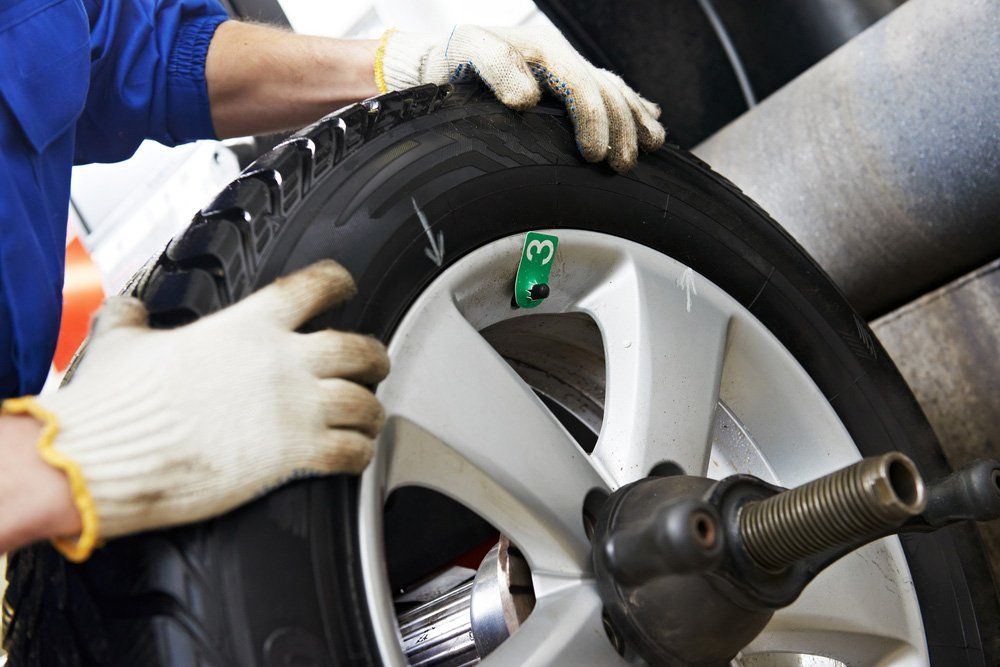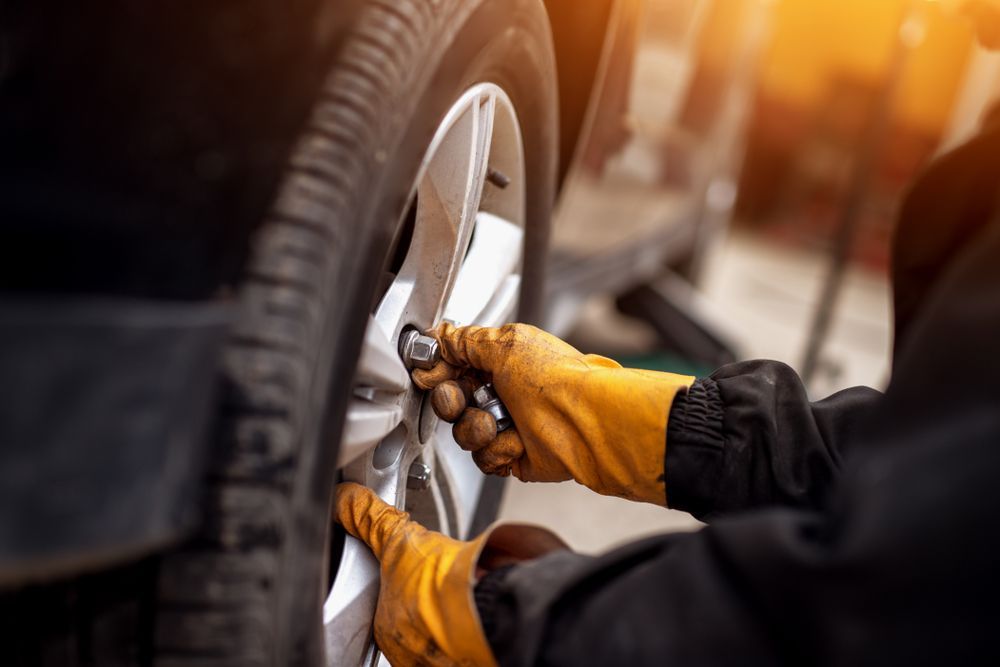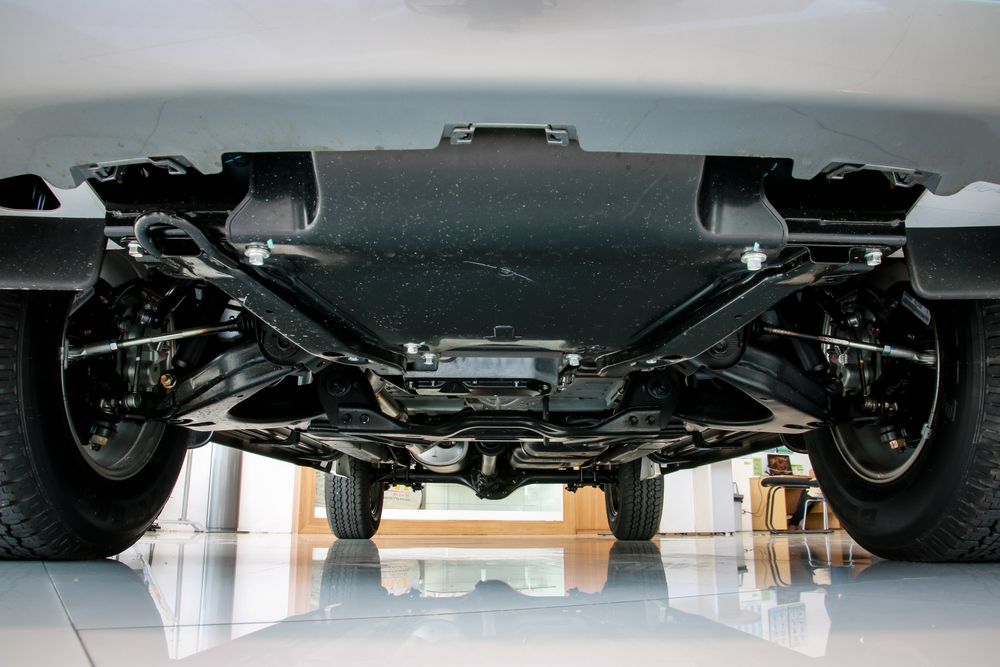Ideal PSI for Car Tyres: What PSI Should Car Tyres Be?
Keeping your car in good condition is essential to ensuring your safety on the road, but people often forget about checking tyre pressure, which is one of the most vital steps. This is measured in PSI, which stands for pounds-per-square inch and is a measurement of how much air is in the tyre. We commonly get asked by our customers what PSI car tyres should be, so in this blog, we explore the answer.
What PSI Should My Car Tyre Pressure Be?
The ideal PSI for your car tyres depends on the size and weight of your car, the size of the wheels and the conditions you will be driving in. The most common tyre pressure for regular commuting on the road is between 30 and 35 PSI, but your car should have come with a sticker or placard that tells you the recommended tyre pressure for your specific make and model.
Have a look and see if you can find this - it could be in the boot, on the door jam or on the fuel door of your car. Failing this, check your car’s manual or ask the person who you bought the car from. You may also be able to use an online tyre pressure search like
this one.
You should aim to check your tyres' PSI as often as you can, ideally every couple of weeks.
Why Do I Need To Check My Car Tyre Pressure?
Well, it’s essential to your safety. Air slowly escapes from tyres over time, which causes them to deflate, and if the amount of air gets very low, you may find that you have a loss of grip, poor handling and increased tyre wear. This results in your tyres becoming unreliable and more susceptible to damage as well as putting the wheels and suspension at risk. Therefore, you are far more likely to crash with a low PSI because of less effective breaking, especially if you drive in wet conditions.
However, if you inflate your tyres too much, they will become too stiff and will not be able to flex and bend according to the surface. This makes skidding more likely and driving uphill more bumpy and difficult. It will cause your tyres to wear more than they should, giving them a lower lifespan. They may even be at risk of bursting if the PSI is far too high.
In both cases, your tyres will wear more than they should and will need to be replaced sooner while making your car work harder. For long-term cost-effectiveness, keeping track of your car tyres is essential.
How Do I Check My Car Tyre Pressure?
You can easily check your car tyre pressure by visiting most service stations or mechanics. They will have an air hose that you can use, pushing the end of it onto the valve of your tyres after you have removed the cap. Use the air hose to inflate to your desired number.
If you're unsure about what PSI is ideal for your car, you can visit an expert like
Rubber Rob’s A1 SuperCheap Tyres for advice. Our friendly, experienced mechanics will be happy to assist you in determining what PSI you should be aiming for and we can check it for you, as well as inflate or deflate the tyres accordingly. We can also perform thorough checks to ensure that your tyres are road safe.
Get in contact today at
(07) 5539 5326 to find out more.





















